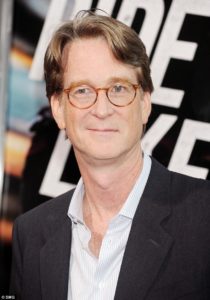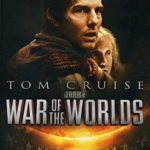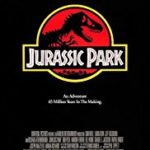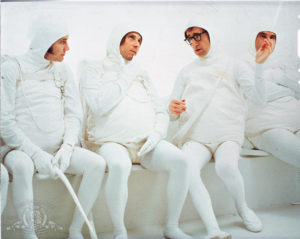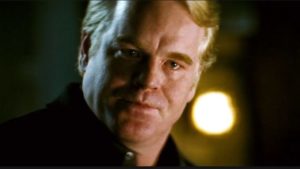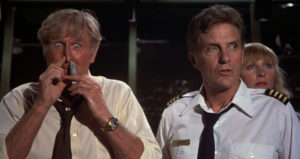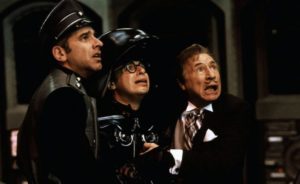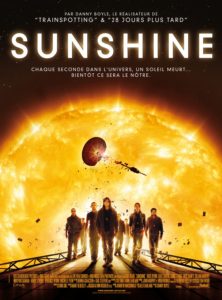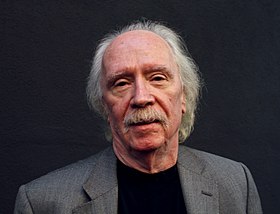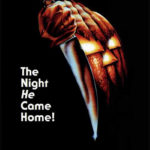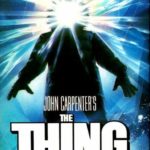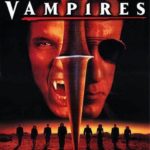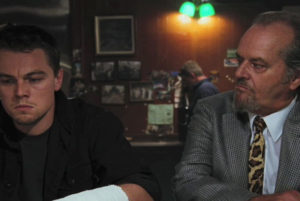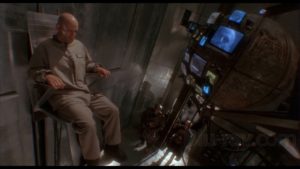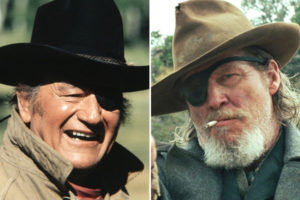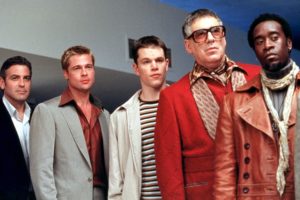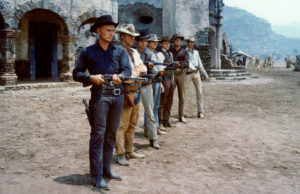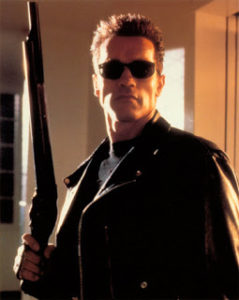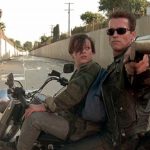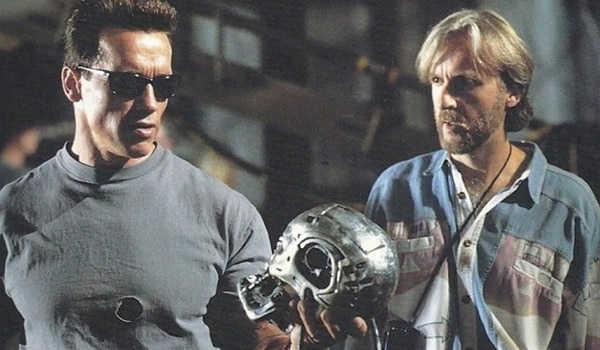Alfonso studied film in the UNAM in Mexico. It was there where he met Emmanuel Lubezki, arguably one of the best cinematographers ever, and a recurrent collaborator of Cuarón. A few years later he directed several episodes for La Hora Marcada, now considered a cult show in Mexico, and it was during this time where his enduring friendship with Guillermo del Toro started.
Altogether with Lubezki, Del Toro, and González Iñárritu, Cuarón stands out as one of the main representatives of a truly golden generation of Mexican filmmakers. A single film directed in his homeland was enough to pique the interest of Hollywood producers, and pretty soon he went on to direct his first feature films in English language. He has alternated languages during his career, earning the respect of international reviewers with meaningful melodramas (Y tu Mamá También, Roma) and action/fantasy flicks (Pan’s Labyrinth, Gravity).
Cuarón is undoubtedly a great storyteller with a knack both for emotional narrative and stunning visuals. The tracking shot has become one of his trademarks as a director, as exemplified in the spectacular car chase and the final uprising in Children of Men.
(1991) Solo con tu Pareja
(1995) A Little Princess
(1998) Great Expectations
(2001) Y tu Mamá También
(2004) Harry Potter and the Prisoner of Azkaban
(2006) Children of Men
(2013) Gravity
(2018) Roma


